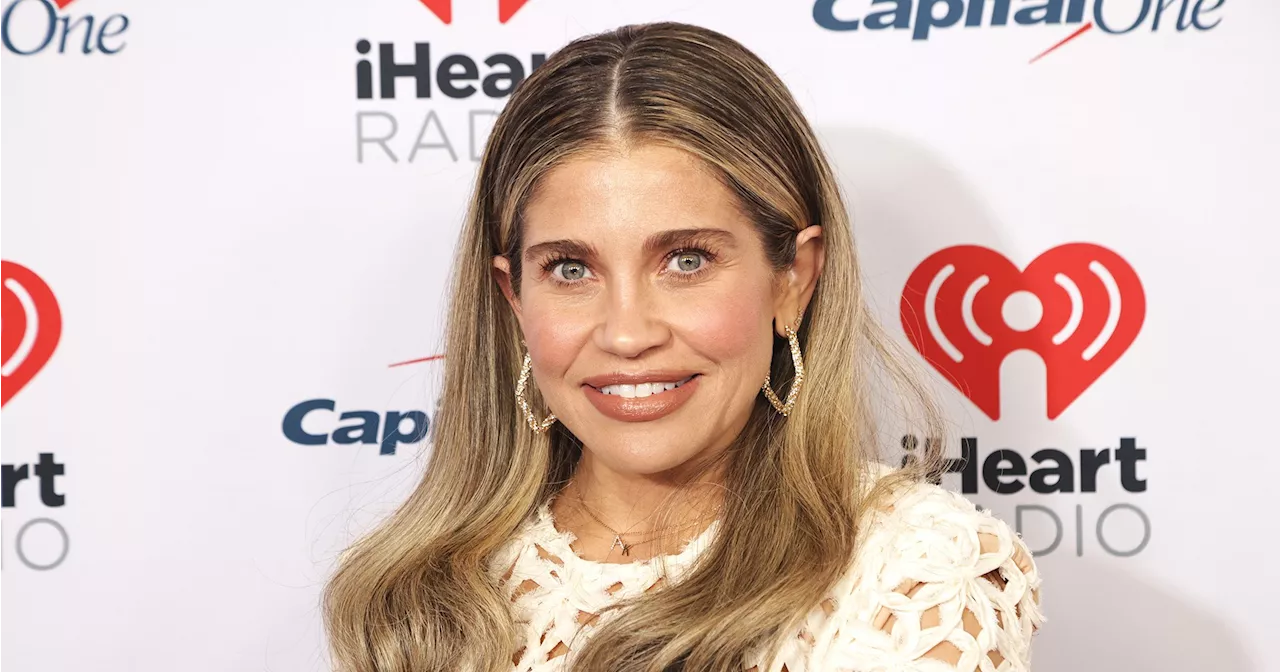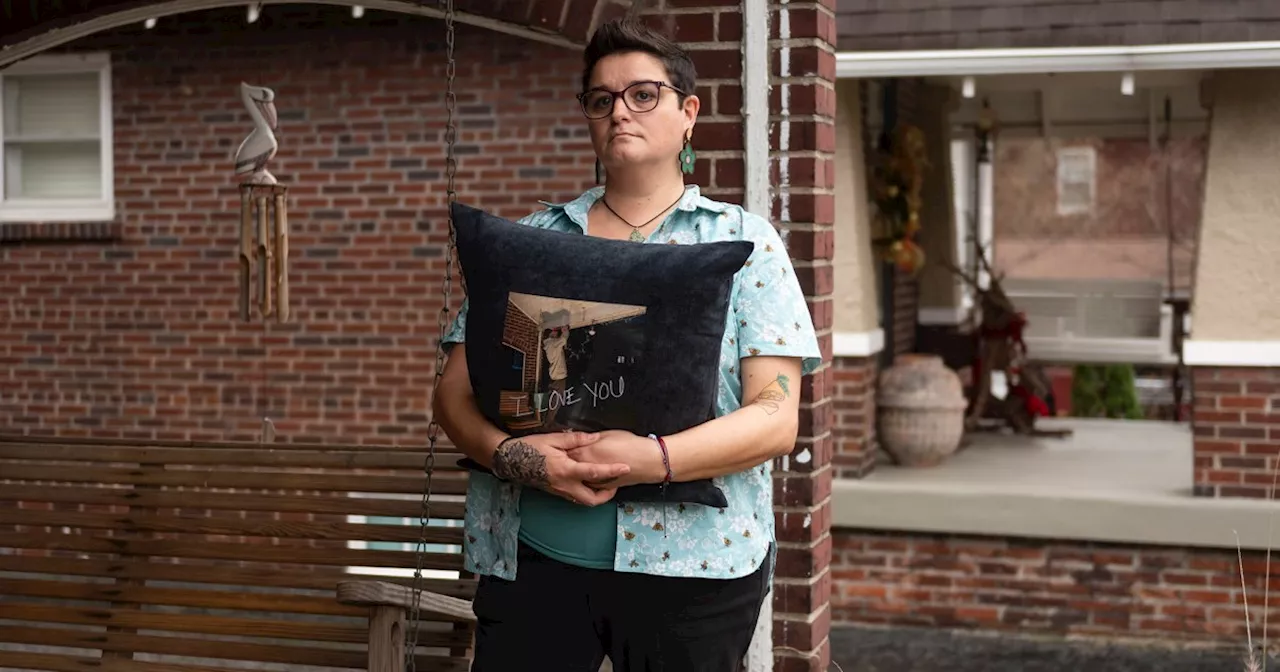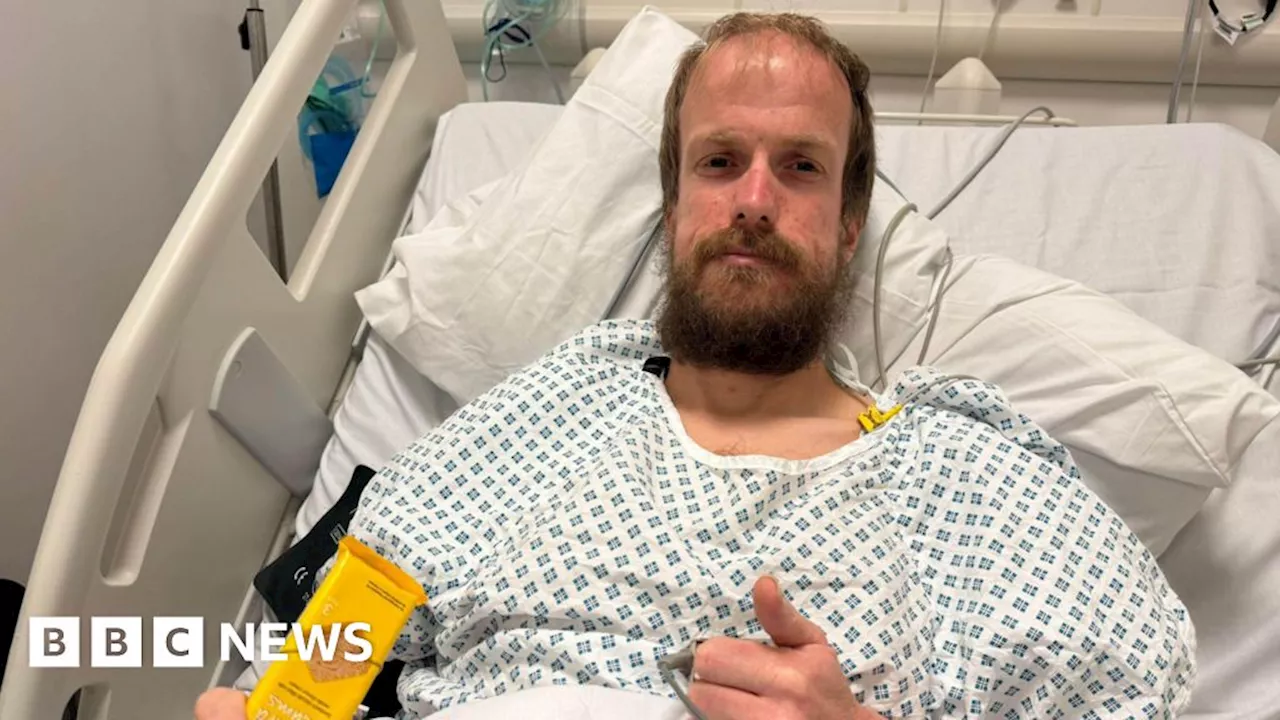Cancer ghosting, a phenomenon where friends and family disappear after a cancer diagnosis, is a growing concern. This article explores the reasons behind this hurtful behavior and its devastating impact on those facing a challenging journey.
Few people would say, “Gee, I really would like to be ghosted.” That’s under any circumstances, let alone when they have cancer. But visit discussion forums, and you’ll see how “cancer ghosting” is quite common and has made the tough, tough, tough experience of many cancer patients all the more difficult.Now, in this case, ghosting doesn’t mean that someone yells “boo,” floats around the room howling or keeps wearing a bed sheet when around you.
The term “ghosting” is most often used in the context of a romantic relationship, when someone suddenly ceases communication with you without any real explanation or warning, as I’ve described. But you can be ghosted by others such as your friends, family members and colleagues in other relationship contexts as well. Basically, ghosting means the other person behaves like a ghost, fading away without much discussion, perhaps never to appear again. And in most cases, this doesn’t refer to a direct break-up. In a romantic situation, for example, a person may ghost you rather than explaining, “Hey, I don’t want to date you anymore”, “I’ve found someone else” or “I have the sexual loyalty of a rabbit.” This can leave you disappointed, hurt, confused and wondering what really happened. It can also leave you in an operational and financial what-do-you-do-now bind if you depended on the ghoster in any way such as making any future plans with him or her.Take all these things up multiple worse levels and you’ve got the potential impact of cancer ghosting. Obviously, cancer isn’t one of those just-walk-it-off sort of things. The diagnosis itself can flip your world upside down in oh so many ways. And the work-up, treatment and other aftermath can be so complex and far-reaching in so many ways. If ever you needed others in your life for emotional support, sounding boards to discuss options, help with logistics and other, you know, friend-like things, this would be the time. Yet, it is also a time when some or many people may go poof.: “I was diagnosed with colon cancer 6 weeks ago and I have noticed that many of my ‘friends’ have disappeared.” The 38-year-old added the following about what had been her two “closest” friends: “Their initial reactions were normal and they said if they could do anything for me let them know. All I asked is that we have tea or a walk this week and neither have even looked at my message. They didn't even wish me well for the operation. It's very hard to take as I was expecting visits or at least calls.” Later on in the post, @chateau wrote, “I am very sad. I realize I need new friends and I don't even know where to begin. I would never ignore a friend ever never mind one going through a battle with cancer. I am shocked.” The post concludes with, “I think I am really good company. I think when I don't have this that some friends see no value in me. Can't believe it.”, how experiencing cancer ghosting was “one of the most painful parts of the entire cancer experience for me. Losing my breasts was hard. Losing my close friend of 22 years…was not something that I had even remotely thought might happen.” The number of posts out there about cancer ghosting shows that this isn’t just an occasional thing. In fact, some of the posts mention the results of an informal poll conducted by War on Cancer: 65% of respondents reported suffering cancer ghosting from their friends or relatives after they got diagnosed with cancer. That’s well over half.Cancer ghosting can come off as selfish and cruel, and rightly so. And people in general don’t think, “I really want to seem like a $!@&$ to my friends.” Plus, those who ghost you have gotta realize that they may be effectively ending their friendships or any future possibilities with you. So, why then do people cancer ghost? Well, it can be very hard to tell for each given ghoster, since ghosting also means that the person does not provide an honest explanation or even any explanation for his or her disappearance. But here are some possibilities:This is the big “P” parasite possibility where they associated with you previously mainly to gain something personally or professionally. When you’re in a weakened state, you may no longer be able to offer such benefits.For some people it is always about “me, me, me” and, let’s see what else, oh that’s right, “me.” This includes those who may initially appear or act empathetic but deep down really aren’t, such as dark empaths,They themselves may feel under water, consumed with dealing with their own problems. They may perceive adding your challenges to their lives as pulling more blocks out of their already teetering Jenga towers.Seeing you go through bad stuff can be an unwelcome warning that it can happen to them too. Their lives can be turned upside down at any moment. At the extreme, some may even believe that your bad luck may be contagious.They may fear saying or doing the wrong thin
Cancer Ghosting Support Friends Family Empathy Impact Health Issues
United States Latest News, United States Headlines
Similar News:You can also read news stories similar to this one that we have collected from other news sources.
 Danielle Fishel Completes Breast Cancer Treatment, Faces Painful Side EffectsDanielle Fishel, known for her role as Topanga Lawrence on Boy Meets World, has finished her breast cancer treatment. While celebrating this milestone, she acknowledges the painful side effects of radiation, including sunburn, itching, and discomfort. Fishel details her experience with radiation and the recovery process, emphasizing the ongoing emotional and physical journey she's facing.
Danielle Fishel Completes Breast Cancer Treatment, Faces Painful Side EffectsDanielle Fishel, known for her role as Topanga Lawrence on Boy Meets World, has finished her breast cancer treatment. While celebrating this milestone, she acknowledges the painful side effects of radiation, including sunburn, itching, and discomfort. Fishel details her experience with radiation and the recovery process, emphasizing the ongoing emotional and physical journey she's facing.
Read more »
 Cancer Report: Deaths Down, But Alarming Rise in Women and Young Adults DiagnosedThe American Cancer Society's latest report presents a mixed outlook on cancer trends. While overall cancer deaths have decreased significantly, driven by earlier detection and improved treatments, the report reveals a concerning increase in cancer diagnoses among women and young adults. The report also highlights persistent racial disparities in cancer deaths and stresses the need for more effective strategies to combat pancreatic cancer, which remains a leading cause of cancer-related deaths.
Cancer Report: Deaths Down, But Alarming Rise in Women and Young Adults DiagnosedThe American Cancer Society's latest report presents a mixed outlook on cancer trends. While overall cancer deaths have decreased significantly, driven by earlier detection and improved treatments, the report reveals a concerning increase in cancer diagnoses among women and young adults. The report also highlights persistent racial disparities in cancer deaths and stresses the need for more effective strategies to combat pancreatic cancer, which remains a leading cause of cancer-related deaths.
Read more »
 Health Insurer Denies Coverage for Cancer Treatment Recommended by Leading Cancer CentersA Kentucky man diagnosed with Stage 4 stomach cancer was denied coverage for a recommended treatment by his health insurer, despite the procedure being endorsed by leading cancer centers. The insurer deemed the treatment 'experimental' and 'unproven,' but the National Comprehensive Cancer Network recommends it for select patients.
Health Insurer Denies Coverage for Cancer Treatment Recommended by Leading Cancer CentersA Kentucky man diagnosed with Stage 4 stomach cancer was denied coverage for a recommended treatment by his health insurer, despite the procedure being endorsed by leading cancer centers. The insurer deemed the treatment 'experimental' and 'unproven,' but the National Comprehensive Cancer Network recommends it for select patients.
Read more »
 Music Teacher with Terminal Cancer Receives MBE for Cancer Awareness CampaigningNathaniel Dye, a music teacher diagnosed with terminal bowel cancer, has been awarded an MBE for his tireless work raising awareness about cancer and advocating for an improved NHS. Dye, deeply touched by the honor, expressed his hope that it will serve as a platform to amplify his campaigning efforts. Since his diagnosis, he has raised over £37,000 for Macmillan Cancer Support through various challenges, urging others to prioritize early detection and seek medical attention when experiencing symptoms.
Music Teacher with Terminal Cancer Receives MBE for Cancer Awareness CampaigningNathaniel Dye, a music teacher diagnosed with terminal bowel cancer, has been awarded an MBE for his tireless work raising awareness about cancer and advocating for an improved NHS. Dye, deeply touched by the honor, expressed his hope that it will serve as a platform to amplify his campaigning efforts. Since his diagnosis, he has raised over £37,000 for Macmillan Cancer Support through various challenges, urging others to prioritize early detection and seek medical attention when experiencing symptoms.
Read more »
 U.S. Surgeon General Warns of Alcohol's Link to CancerThe U.S. Surgeon General, Dr. Vivek Murthy, issued an advisory stating that alcohol consumption is the third leading cause of preventable cancer deaths. He called for clearer labels on alcoholic beverages linking them to cancer risks and urged public health measures to address this issue. Alcohol is linked to an increased risk of seven types of cancer, including breast and colorectal cancer, and is responsible for about 100,000 new cancer cases and 20,000 cancer deaths annually in the U.S.
U.S. Surgeon General Warns of Alcohol's Link to CancerThe U.S. Surgeon General, Dr. Vivek Murthy, issued an advisory stating that alcohol consumption is the third leading cause of preventable cancer deaths. He called for clearer labels on alcoholic beverages linking them to cancer risks and urged public health measures to address this issue. Alcohol is linked to an increased risk of seven types of cancer, including breast and colorectal cancer, and is responsible for about 100,000 new cancer cases and 20,000 cancer deaths annually in the U.S.
Read more »
 Approaches against metastatic breast cancer: mini-tumors from circulating cancer cellsTumor cells circulating in the blood are the 'germ cells' of breast cancer metastases. They are very rare and could not be propagated in the culture dish until now, which made research into therapy resistance difficult.
Approaches against metastatic breast cancer: mini-tumors from circulating cancer cellsTumor cells circulating in the blood are the 'germ cells' of breast cancer metastases. They are very rare and could not be propagated in the culture dish until now, which made research into therapy resistance difficult.
Read more »
